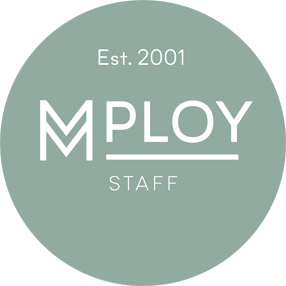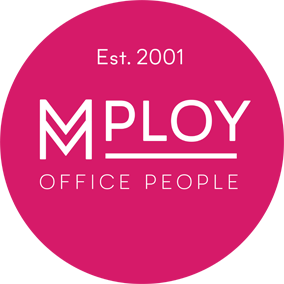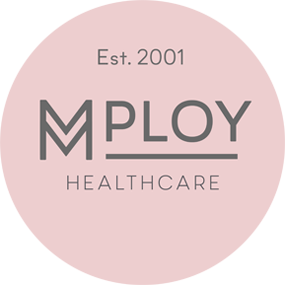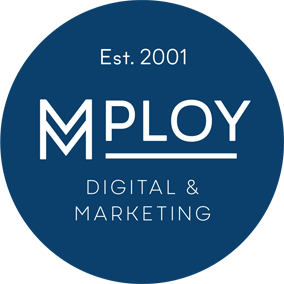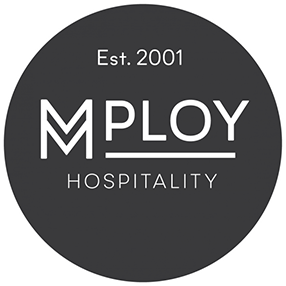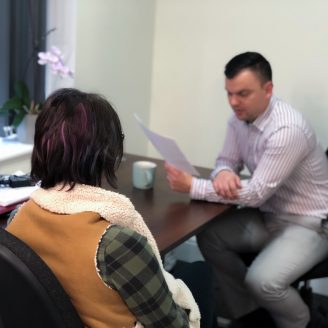Tips to help you nail that interview
Posted: 29th January 2018
You’ve sent out hundreds of CVs, filled out dozens of applications and you’ve finally bagged yourself an interview… hooray!
Before the big day, remember these helpful pre-interview tips so that you go there feeling confident and ready to impress your potential new employer.
1. Research everything about the Company
You should thoroughly research the company you are interviewing with, as you want to make sure you understand the business and can anticipate the kinds of questions the interviewer may ask. We recommend checking out the following:
- Do a Google search on the company.
- Review the company’s website (especially the “About Us,” “Team,” and “Products” sections of the site).
- Read over the company’s blog if it has one.
- Review the company’s LinkedIn page.
- Review information about the company’s competitors.
- Tap into your network of contacts to get any insight into the company if you can.
2. Find Out Who Will Be Interviewing You
Before your interview, try and get a list of the people you will be meeting with. Then research these individuals, including:
- Do a Google search on each person.
- Review their individual LinkedIn pages (noting any connections you may have in common).
- Review any information about these individuals on the company’s website.
The goal is to learn about your interviewers’ backgrounds and interests so that it will be easier to establish a rapport. Show interest in them and their role in the company… It also can’t do any harm to mention you have a shared interest such as collecting miniature horses or kitesurfing!
3. Think About The Questions You Might Be Asked
It’s important to think early on about the questions you may be asked so that you can prepare your response. You don’t want to be caught off-guard by difficult questions.
These types of general interview questions are often asked:
- Can you tell me about yourself?
- What do you know about our company?
- Why are thinking about leaving your current job?
- What interests you about this job?
- Can you describe your work style?
- What do you consider to be your greatest strength?
- What do you consider to be your weaknesses?
- Where do you see yourself in 5 years?
- What are your salary requirements?
- Is there anything we didn’t cover that you want to add?
- Do you have any questions for me?
4. Practice Makes Perfect
Consider doing a practice interview with friends or family members (especially if they have experience interviewing employees themselves). The practice will be helpful and give you more confidence. Ask for feedback on your answers, your body language, and your preparedness. Have the mock interviewer ask both common questions as well as offbeat ones to see how well you can think on your feet and how well you do under pressure.
5. Use the Company’s Products or Services
If you can, you should test and use the company’s products or services—no matter what role you are interviewing for. This will help you prepare for any questions about these products or services that may come up in the interview. It will also show your interviewer that you went an extra step in preparing for the interview.
It might also be useful to check in with customers of the company, to see how they view the product or service, and take note of any constructive feedback they might have.
6. The Social Network
Employers often review Facebook and other social media sites to get information and background on prospective employees. So make sure to review your online postings and pictures and delete any information that is embarrassing or could cast you in a negative light with the prospective employer. Your potential new boss doesn’t need to see those pictures from Fresher’s Week!
It’s also useful to Google yourself to see what your prospective employer would see if they did a search on you.
7. Dress To Impress
You want to dress appropriately and professionally for the job interview. It usually won’t hurt to dress more formally for your interview than you would on the job. If you know someone who works for them, ask them about the general dress code. Show up neat and well-groomed.
8. Arrive Early And Be Prepared
Make sure to arrive at the interview on time (you don’t want the first impression of you to be of a person who can’t be on time). Plan your route in advance. Anticipate traffic delays, and get there early (but don’t show up on the company’s door steps more than 5 to 10 minutes early). Make sure to turn off your mobile so it doesn’t ring or buzz during the interview.
9. Bring Any Necessary Documents
These aren’t always necessary and you will usually be told if you need to bring any of them, however it never hurts to have a couple of copies of your CV in your bag with you:
- A list of references (including each person’s title, company, and contact information such as phone number and email address)
- Copies of reference letters singing your praises
- Work samples such as writings, design layouts, etc. (but make sure you aren’t providing confidential information of your existing employer)
After your interview, you should let your professional references know that the employer might be contacting them. Give them a heads up on the company and job position.
You might also want to bring along a list of questions you have for the interviewer.
10. Check Out Glassdoor.com
You should check out Glassdoor for reviews of the company you are interviewing with. There may be reviews from current and past employees, along with information on salary and the types of questions interviewers ask at the company. These reviews can be helpful for background and to give you a sense of employee issues, but they should not be taken as the gospel truth.
Conclusion
There are a great number of practical steps you can take to prepare for a job interview. By following the advice in this article, you will be better prepared and more confident for your interview. Good luck!



